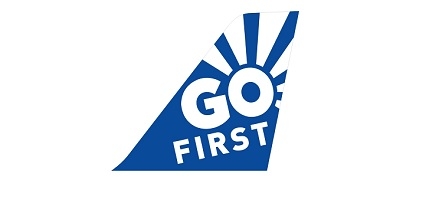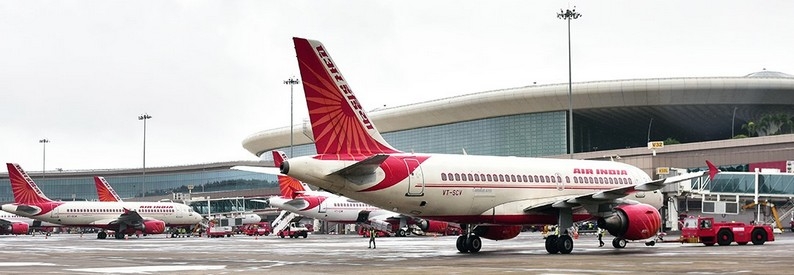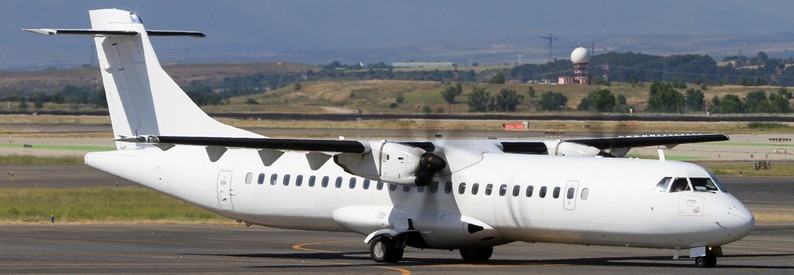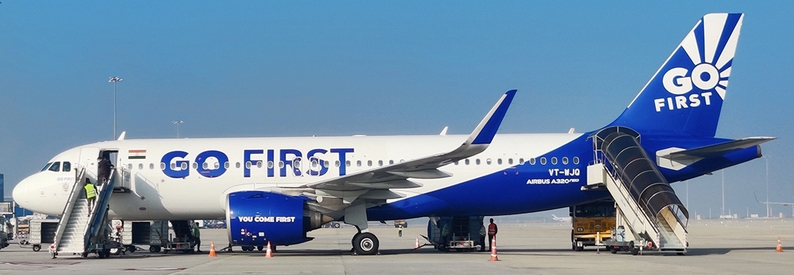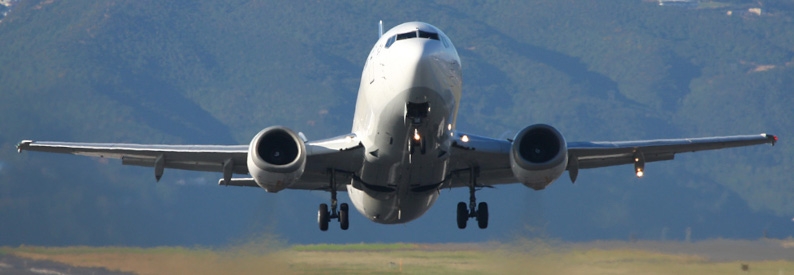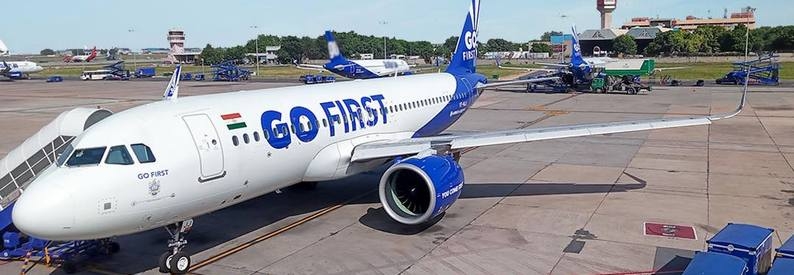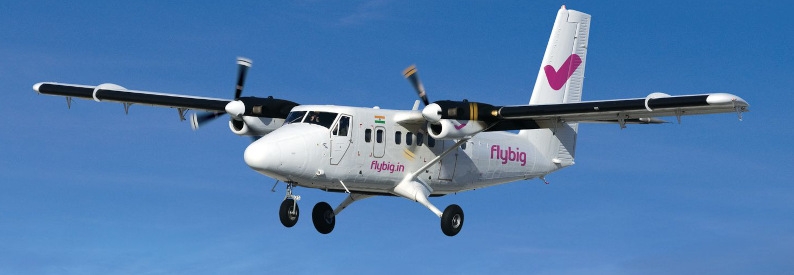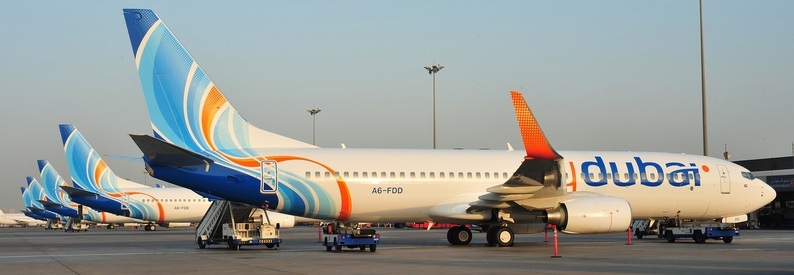The National Company Law Tribunal in New Delhi granted Go First (Mumbai International) bankruptcy protection from its creditors on May 10, a decision that should help the low-cost carrier restructure its business but will hamper the efforts of lessors to repossess their aircraft.
Go First filed for insolvency resolution on May 2, blaming “Pratt & Whitney’s defective and failing engines” for a cash-flow crisis. The scale of its debts became clear soon afterwards. It has cancelled all flights until at least May 19.
The court appointed insolvency professional Abhilash Lal of turnaround specialists Alvarez & Marsal as interim resolution professional (IRP) to manage Wadia Group-owned Go Airlines (India) Ltd with immediate effect, directing him to keep it as a going concern and not to lay off any employees, local media reported. It also instructed the company’s management to deposit INR50 million rupees (USD610,000) to cover immediate expenses.
It is the first time an Indian carrier has voluntarily sought bankruptcy protection to renegotiate its debts and contracts. Go First CEO Kaushik Khona hailed the decision as “historic”, telling CNBC-TV18 that “we wanted the airline to preserve its assets. It should preserve all its viable opportunities to survive. And one of the major issues we have is to get the Pratt & Whitney engines and that is what the arbitral award means.”
The tribunal also ordered a moratorium on the airline’s assets and leases. In recent days, lessors have filed requests with India’s Directorate General of Civil Aviation for the return of about 36 Go First jets after lease payments lapsed, filings with the regulator show. Bankruptcy protection, once granted, supersedes lessors’ repossession requests under the Cape Town Convention.
“Lessors must be very, very concerned right now. The repossession requests will be of no consequence as the insolvency and bankruptcy process has kicked in,” insolvency lawyer Abhirup Dasgupta, who is not involved in the proceedings, told Reuters.
An unnamed adviser to one of the lessors told the news agency that there had been no clarity on repossession and warned that awarding Go First creditor protection could lead to protracted litigation as well as higher lease rates for all Indian airlines in the future.
No engines, no bailout
On May 9, India’s Deputy Aviation Minister VK Singh told the Indian news agency Asian News International (ANI) that the state was unlikely to bail out Go First unless a solution is found to supply it with engines.
“The problem with Go Air is that their flights are run on the engines of Pratt & Whitney [where] manufacturing is not happening at the pace that it should,” he said. “A bailout can only happen when something can be done about this.”
On the same day, Bloomberg News reported that both IndiGo Airlines (6E, Delhi International) and Air India (AI, Delhi International) owner Tata Sons had been in separate talks with Go First’s lessors to try to take the aircraft. They also discussed landing and parking slots with airport operators, including in Delhi and Mumbai, sources told the news agency. Other parties such as Akasa Air (QP, Mumbai International) have expressed interest in the slots too, they added.
According to the ch-aviation Commercial Aviation Aircraft Data module, Go First currently operates a fleet of 54 aircraft, namely five A320-200s and fifty A320-200Ns. Pratt & Whitney’s PW1127G-JM engines power all of the neo fleet.
